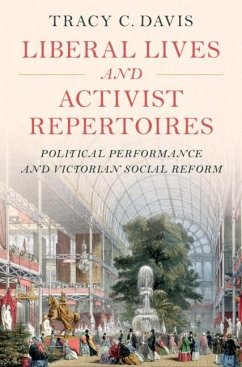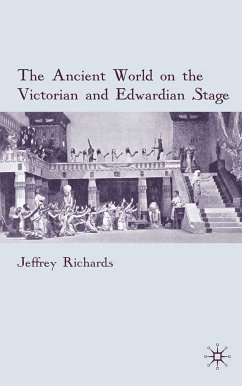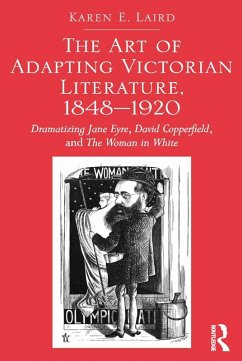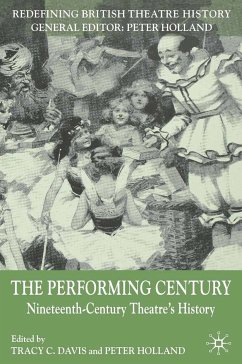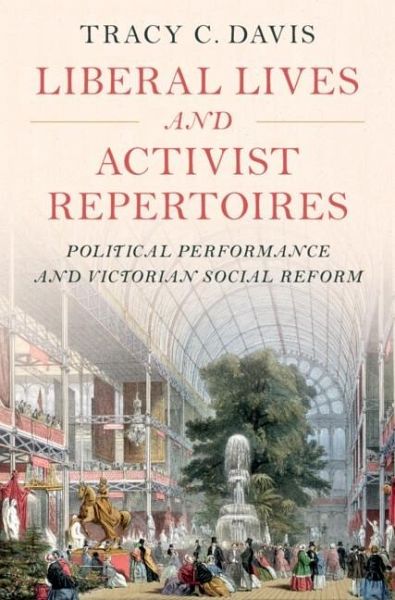
Liberal Lives and Activist Repertoires (eBook, PDF)
Versandkostenfrei!
Sofort per Download lieferbar
29,95 €
inkl. MwSt.
Weitere Ausgaben:

PAYBACK Punkte
15 °P sammeln!
This ambitious study traces the strategies of human rights activists to show how world-changing reform movements were shaped by women and men from modest backgrounds who were deeply attuned to the power of performance. Tracy C. Davis explores nineteenth-century reform campaigns through the pioneering work of a family of activists - prominent anti-slavery lecturer George Thompson, his daughter Amelia (the first female theatre and music critic for a British daily newspaper) and her husband, the political organizer Frederick Chesson. Engaging in some of the most important social struggles of the ...
This ambitious study traces the strategies of human rights activists to show how world-changing reform movements were shaped by women and men from modest backgrounds who were deeply attuned to the power of performance. Tracy C. Davis explores nineteenth-century reform campaigns through the pioneering work of a family of activists - prominent anti-slavery lecturer George Thompson, his daughter Amelia (the first female theatre and music critic for a British daily newspaper) and her husband, the political organizer Frederick Chesson. Engaging in some of the most important social struggles of the late Georgian and Victorian periods - including abolition, enfranchisement, and anti-genocide - this book reveals how two generations' insights into performance consolidated into activist tactics that persist today. Characterised by a skilful deployment of performance theory alongside deep and wide-ranging historical knowledge, this ground-breaking work demonstrates what 'dramaturgy' can teach us about 'history'.
Dieser Download kann aus rechtlichen Gründen nur mit Rechnungsadresse in A, B, BG, CY, CZ, D, DK, EW, E, FIN, F, GR, HR, H, IRL, I, LT, L, LR, M, NL, PL, P, R, S, SLO, SK ausgeliefert werden.




